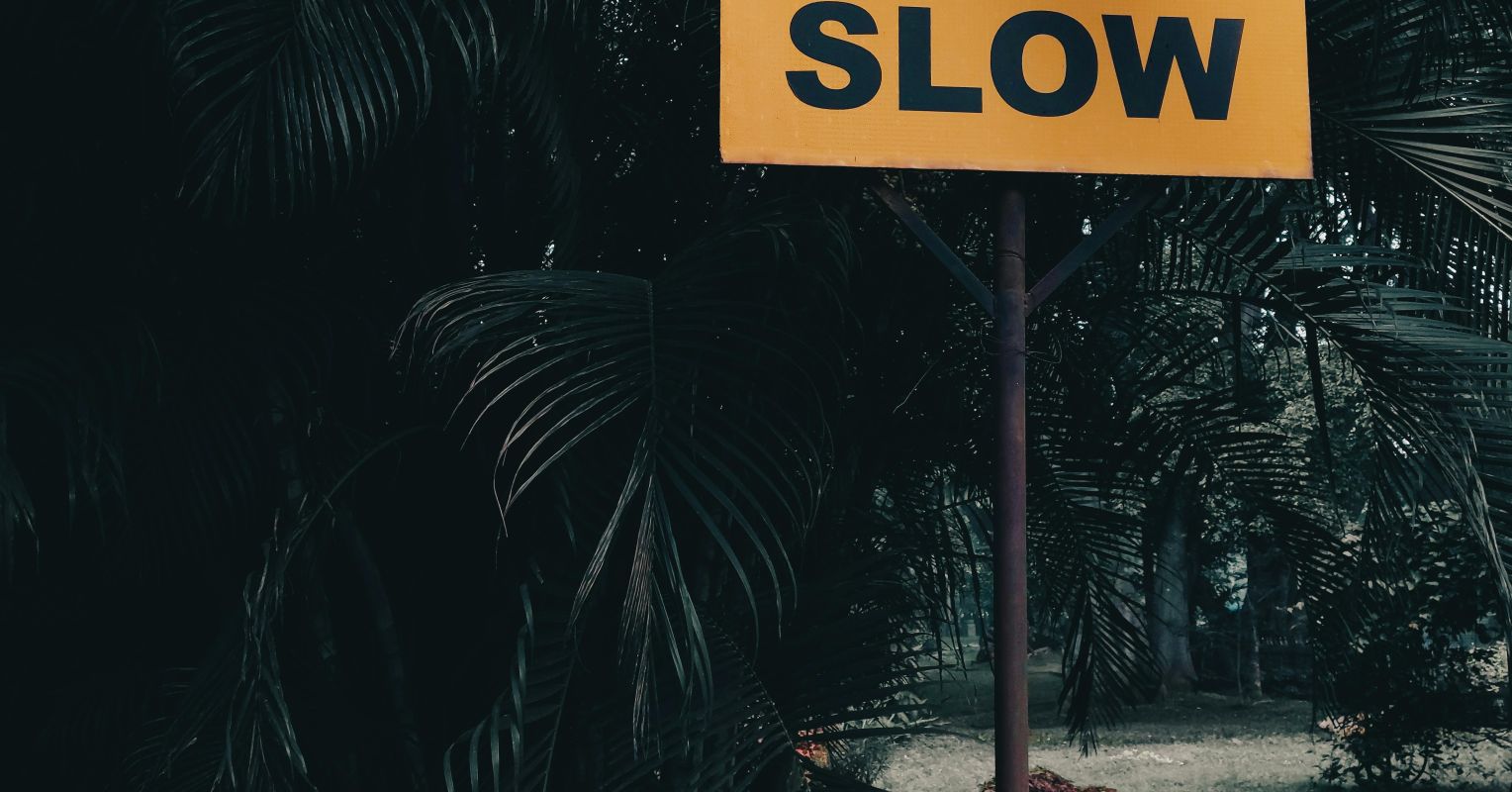
Now that we’re reaching the end of 2024, let me ask you a simple question: Do you feel that this Christmas has come around faster than last year?
The answer is most likely yes. A recent survey led by the time researcher Ruth Ogden found that 77% of respondents agreed that Christmas seems to arrive more quickly each year (14% were neutral on the issue, while only 9% disagreed).1
This illustrates the common human experience that time seems to speed up as we get older. I addressed the question of why this occurs in a recent post. Here I would like to take a more practical approach. I want to focus solely on the question of whether we can do anything to halt this process. Is it inevitable that time keeps speeding up, or can we take measures to slow it down?
Fortunately, I believe that the latter is the case. I will suggest four approaches we can take to slow down the speed of time, taken from my book Time Expansion Experiences.2
Strategy 1: Embrace new experiences and environments
One of the main factors in time perception is information processing. Simply put, the more information our minds process, the slower time seems to pass.
This is the reason why new experiences seem to stretch time. For example, recall a time when you went to a foreign country for a few days, on a work trip or vacation. The chances are that when you returned home, those few days seem very expansive, much longer than the same period spent at home. “Is it really just a few days since I left home?” you might have asked yourself. “It feels more like a month!”
This is because of the increased information that takes places in unfamiliar environments — the unfamiliar landscapes and buildings, the unfamiliar language and food, and so on. All of this stretches time, compared to when we’re surrounded by familiarity at home, living according to our normal routines.
In other words, newness stretches time. So If you want to make the next year pass a little more slowly, bring new experience into your life. Travel to new places, give yourself new challenges, meet new people, learn a new hobby.
Strategy 2: Live in the present
However, strictly speaking we don’t need new experience to enhance our perception. We can achieve the same effect by making the effort to be consciously aware of our experiences and our surroundings.
The only reason why familiarity reduces information processing is because we habitually “switch off” to familiar places and experiences. Our perception becomes automatic, and we don’t pay attention to them. But we can circumvent this through mindfulness.
For example, when you’re walking to your local shop or to the tube station, focus your attention outward. Look at the sky, at the houses and buildings you pass, and be aware of yourself here, walking amongst them. Or, when you’re eating a meal, rather than reading the paper or thinking or daydreaming, pay real attention to the taste of the food, and the sensations of chewing and swallowing.
Strategy 3: Don’t spend too much time in “passive absorption”
Absorption speeds up time. An enthralling film or lecture seems to pass much quicker than a tedious one. An afternoon watching endless episodes of a TV series seems to disappear before you know it.
Over the coming year, be careful about how much time you lose to absorption. Of course, absorption is very beneficial, especially when we engage with challenging and stimulating activities that create a state of “flow.” What isn’t so beneficial though is the passive absorption we experience when we watch TV or surf the internet.
If you have a day off work, don’t spend it watching TV series or films. Spend the day mindfully: walking and watching the world go by, talking to friends or gardening or exercising. If you want a week’s vacation to last for as long as possible, don’t do anything too absorbing. Don’t spend your vacation sitting on the beach reading bestsellers or listening to podcasts. Don’t go to a bar every evening to socialize or watch entertainment. Instead, expand time by walking through the countryside, exploring different towns, trying out new activities and chatting to people.
Strategy 4: Start meditating
Research suggests that long-term meditators experience a slightly slower passage of time than others. In 2013, a group of Romanian students practiced a half-hour of mindfulness meditation every day for a week. At the end of the week, they watched two short documentary films, each lasting five minutes. They estimated the length of the films as significantly longer than a control group (who hadn’t practised meditation).
On a long-term basis, in 2014, a group of German researchers interviewed 42 people who had been meditating regularly for many years. Compared to a similar sample of non-meditators, they felt less pressurized by time and reported a slower passage of time, including over the last week and month.3
The reasons for this are quite complex, but as I suggest in Time Expansion Experiences, it is probably related to the tendency of meditation to “soften” our psychological boundaries, and make us feel connected to the world, and other people.
So if you haven’t thought of a New Year’s resolution yet, I suggest this one: to slow down your experience of time so that the following year seems longer than the last. If you follow the above strategies, it’s highly likely that this time next year, you will escape the feeling that Christmas has come around faster again.
